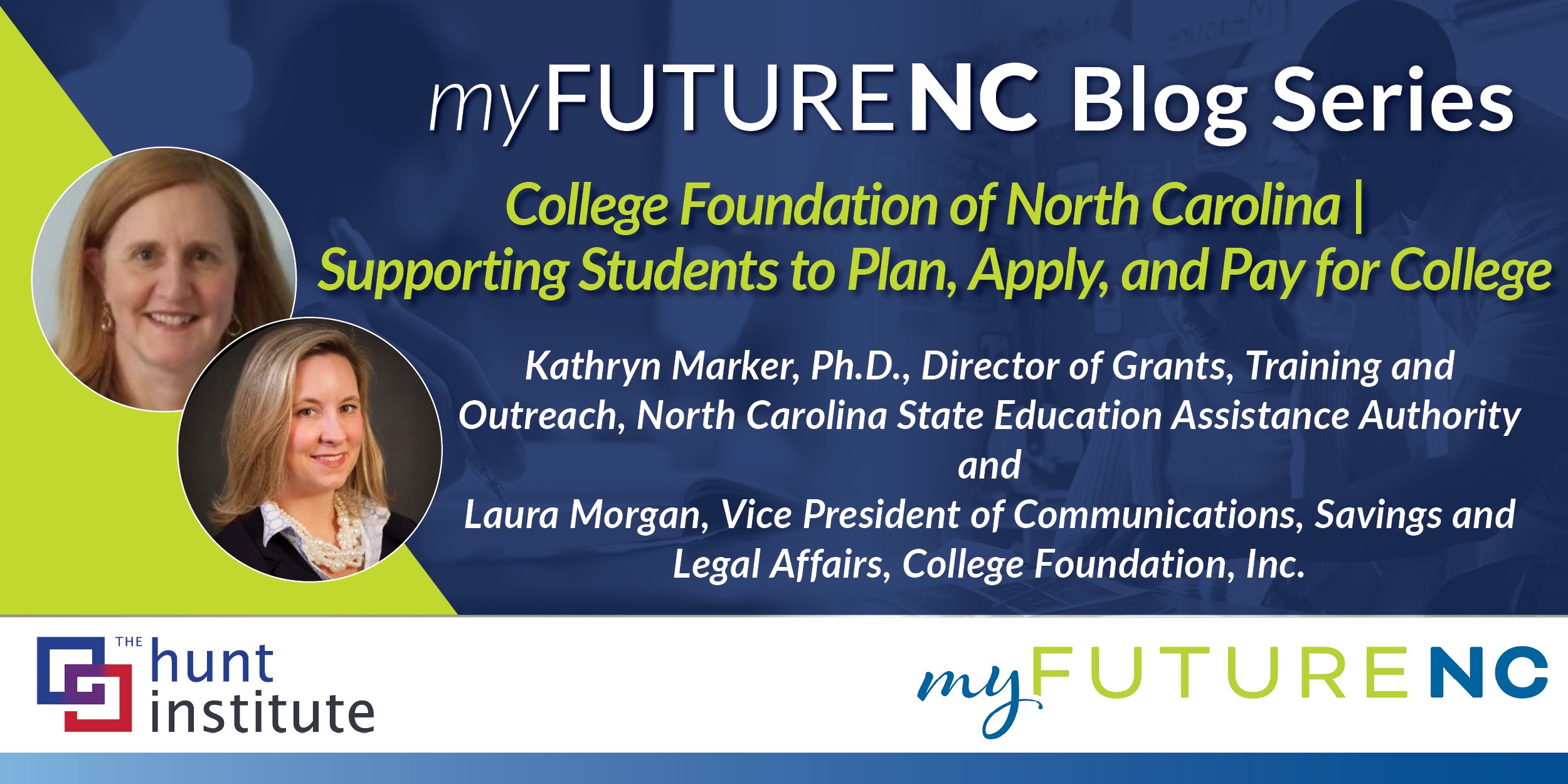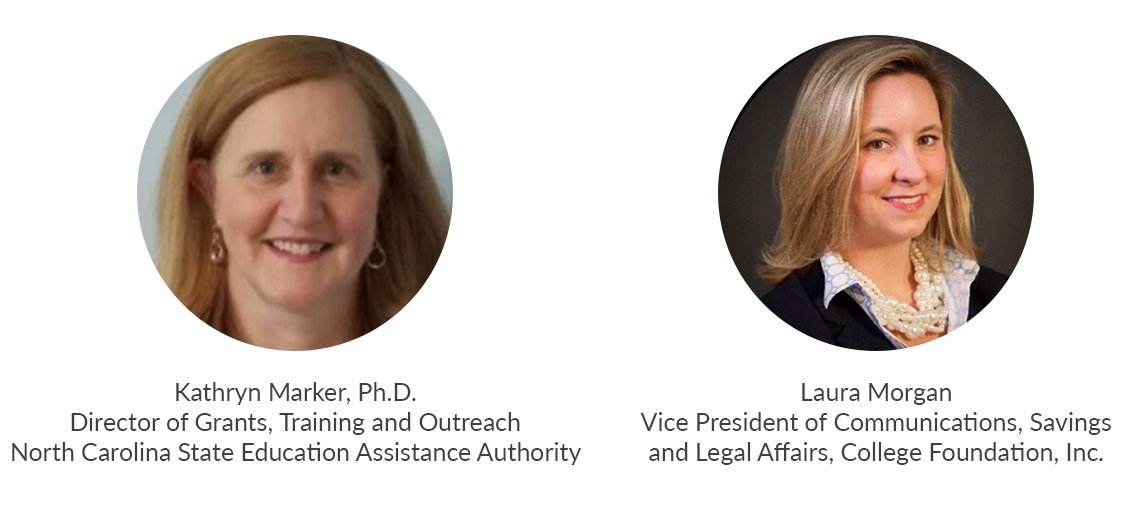

June 26, 2020

Twenty years ago this summer several North Carolina education organizations began a collaboration to create www.CFNC.org, where students and education professionals find free resources to plan, apply, and pay for college. Their work over the years has provided access to education for countless North Carolinians.
Now, College Foundation of North Carolina (CFNC) supports an important and ambitious North Carolina goal. MyFutureNC has galvanized leadership across the state to ensure that, by 2030, two million North Carolinians have a high-quality credential or postsecondary degree.
An important part of such an ambitious goal is encouraging students to complete the Free Application for Federal Student Aid, or the FAFSA, which determines eligibility for state and federal aid to cover college expenses. The FAFSA is the first step to free or affordable college. MyFutureNC organized a FAFSA Frenzy in North Carolina for June 2020, with support from CFNC, to encourage North Carolina students to take that first step.
Through CFNC, North Carolinians can access free help with the FAFSA, from short videos to print materials to a map of in-person help available around the state. In addition, CFNC provides several professional tools to support high school counselors in guiding their students to complete the FAFSA, including specific reporting on their school’s FAFSA filers.

Students may need help beyond print or online resources, and many high school students aren’t even considering post-secondary options. CFNC offers students a way to plan high school coursework to be ready for higher education, search for colleges and programs of study, and identify financial aid options, including scholarships or loans to finance their education. CFNC deploys regional representatives who serve as resource specialists in each area of the state. This staff maintains expertise regarding planning, applying, and paying for college, and develops relationships with school counselors in their regions to help them help their students.
Two CFNC representatives serve Spanish-speaking families, those whose questions about financial aid are unique, and those whose barriers to a college education, whether language or citizenship status, merit specialized attention. In addition to the free resources on www.CFNC.org and the services of the nine regional representatives, North Carolinians with questions can also call toll-free for help at 1-866-866-CFNC (2362) from 8:00 a.m. – 6:00 p.m. Monday -Thursday and from 8:00 a.m. – 5:00 p.m. Friday.
CFNC is launching a redesigned site this summer, with updated resources to serve the next generation of students. These valuable and important resources to assist college access in North Carolina are always available at no cost, and are services, that, in support of the MyFutureNC goal, will set our state on a path to a more prosperous future.
Authors
